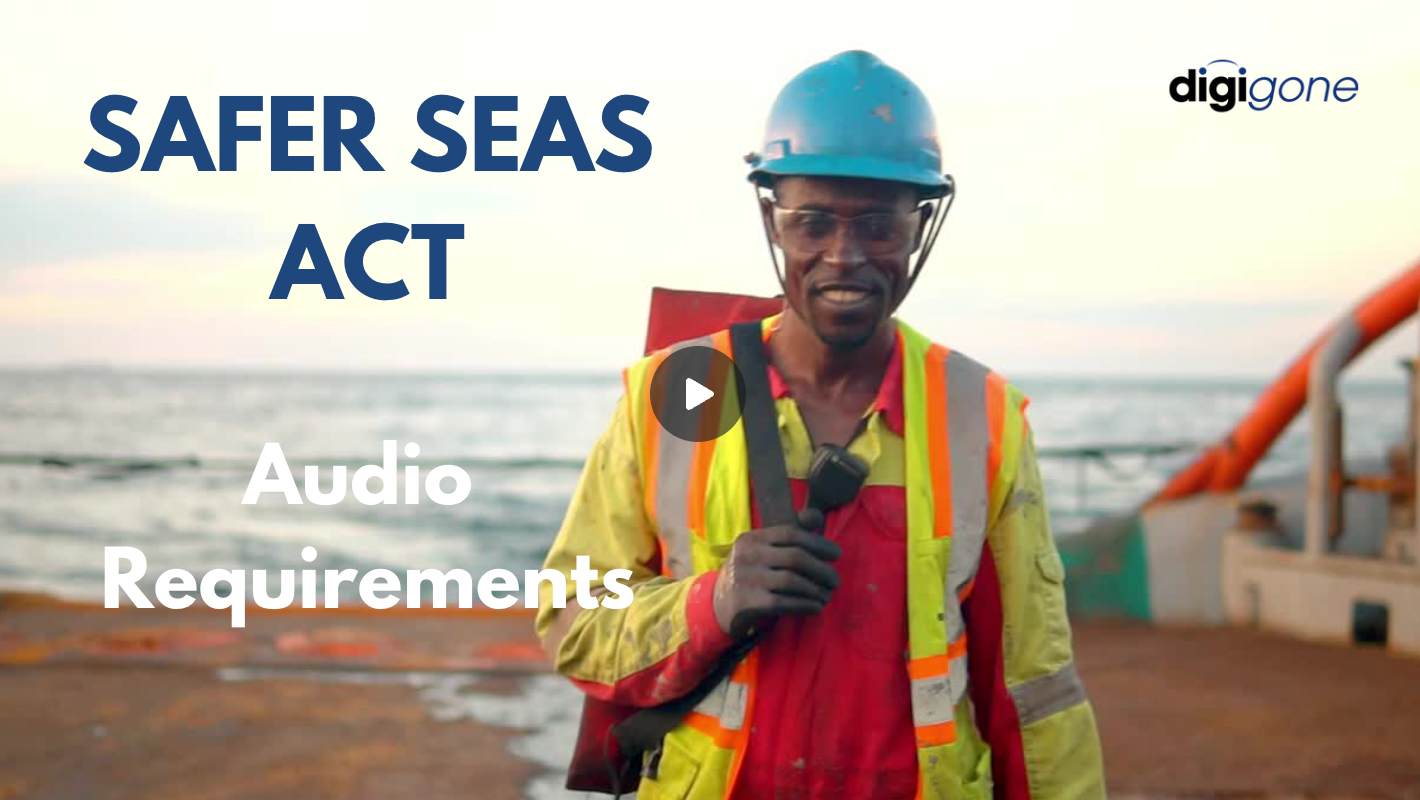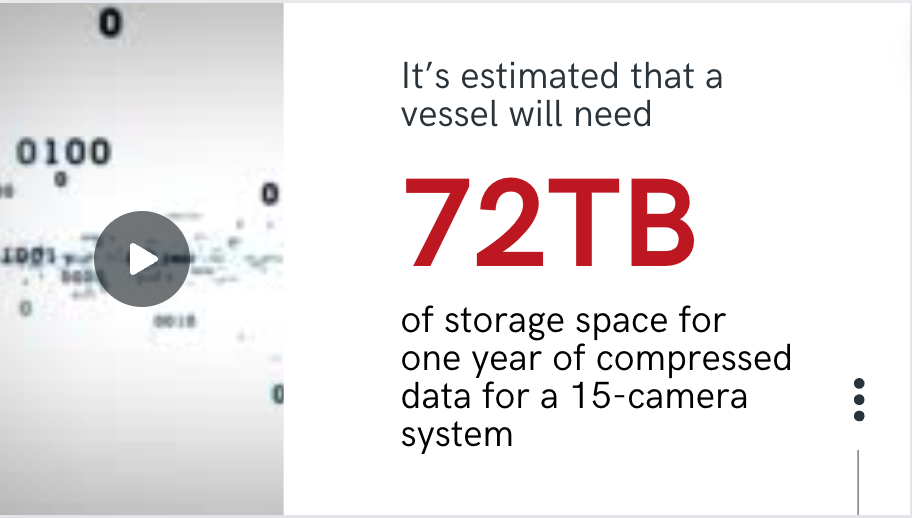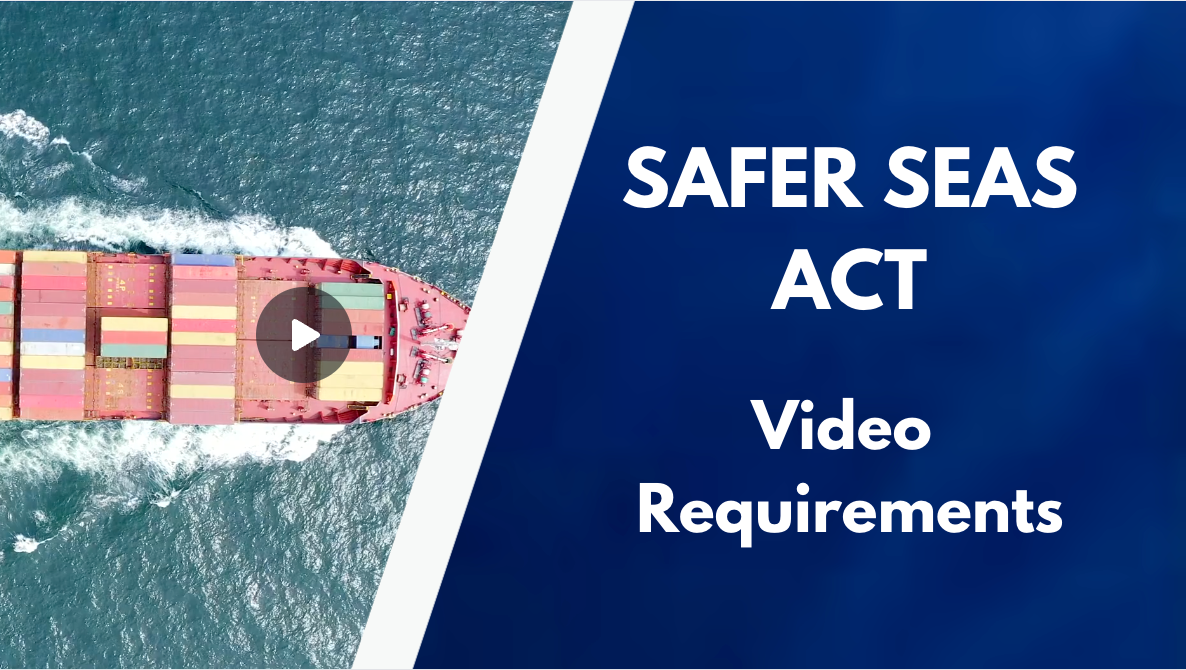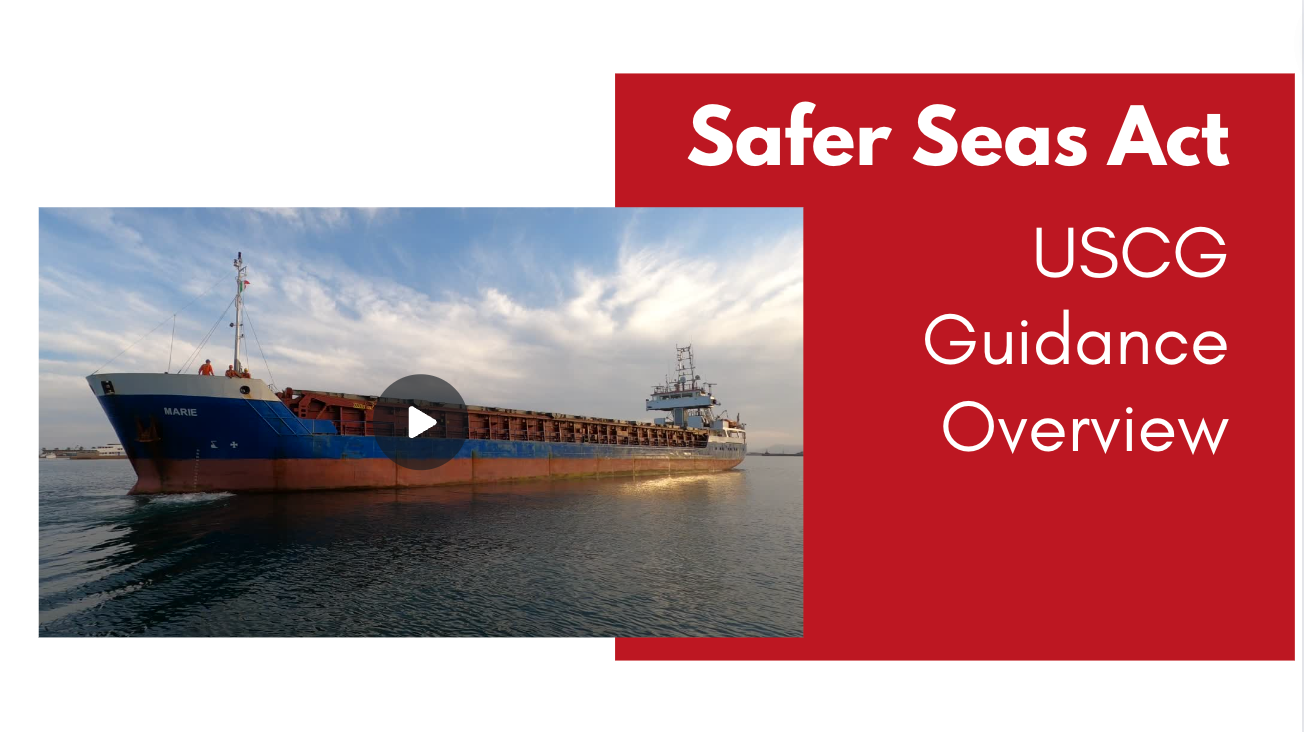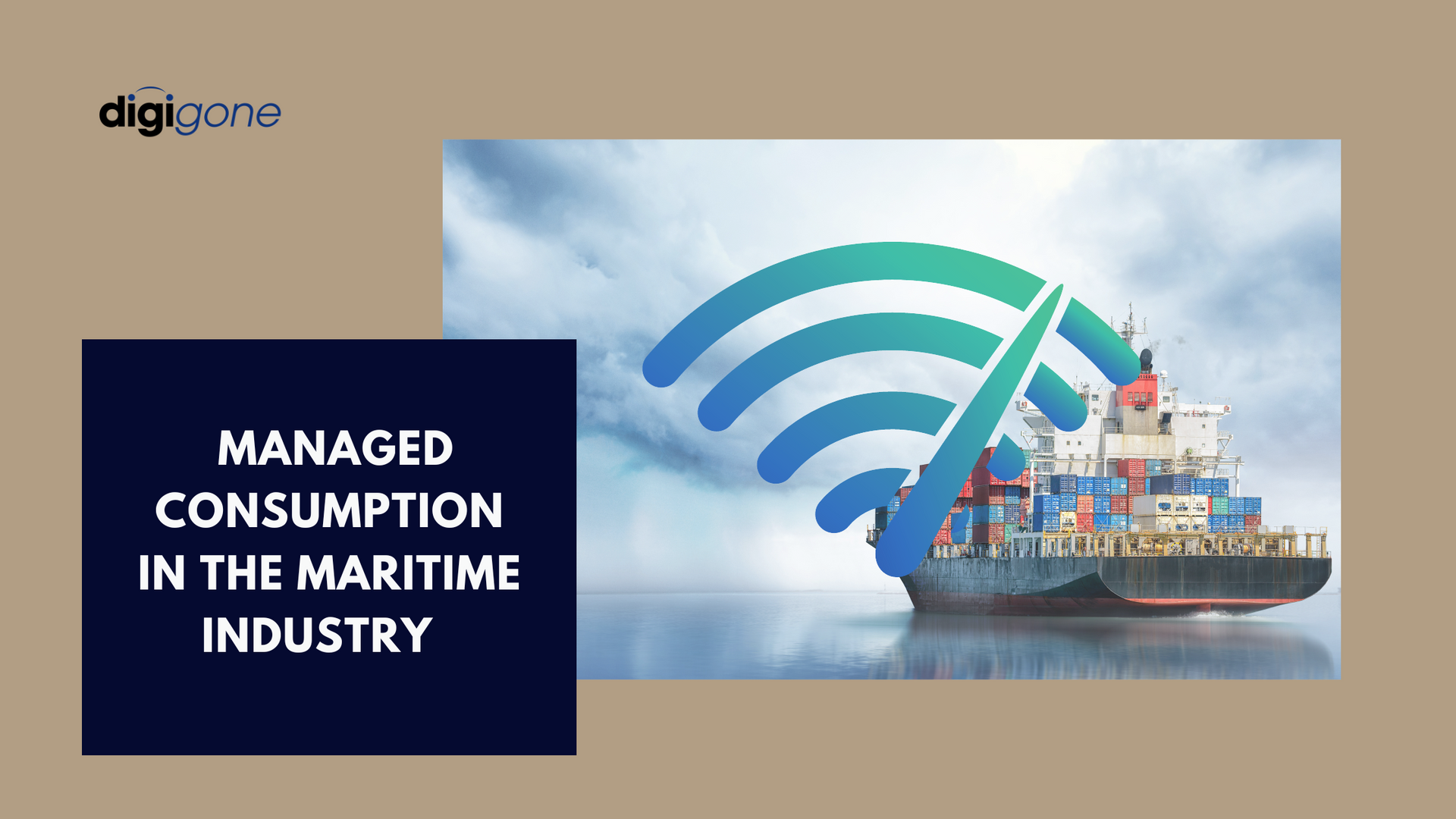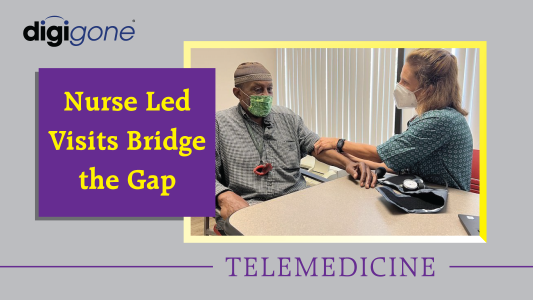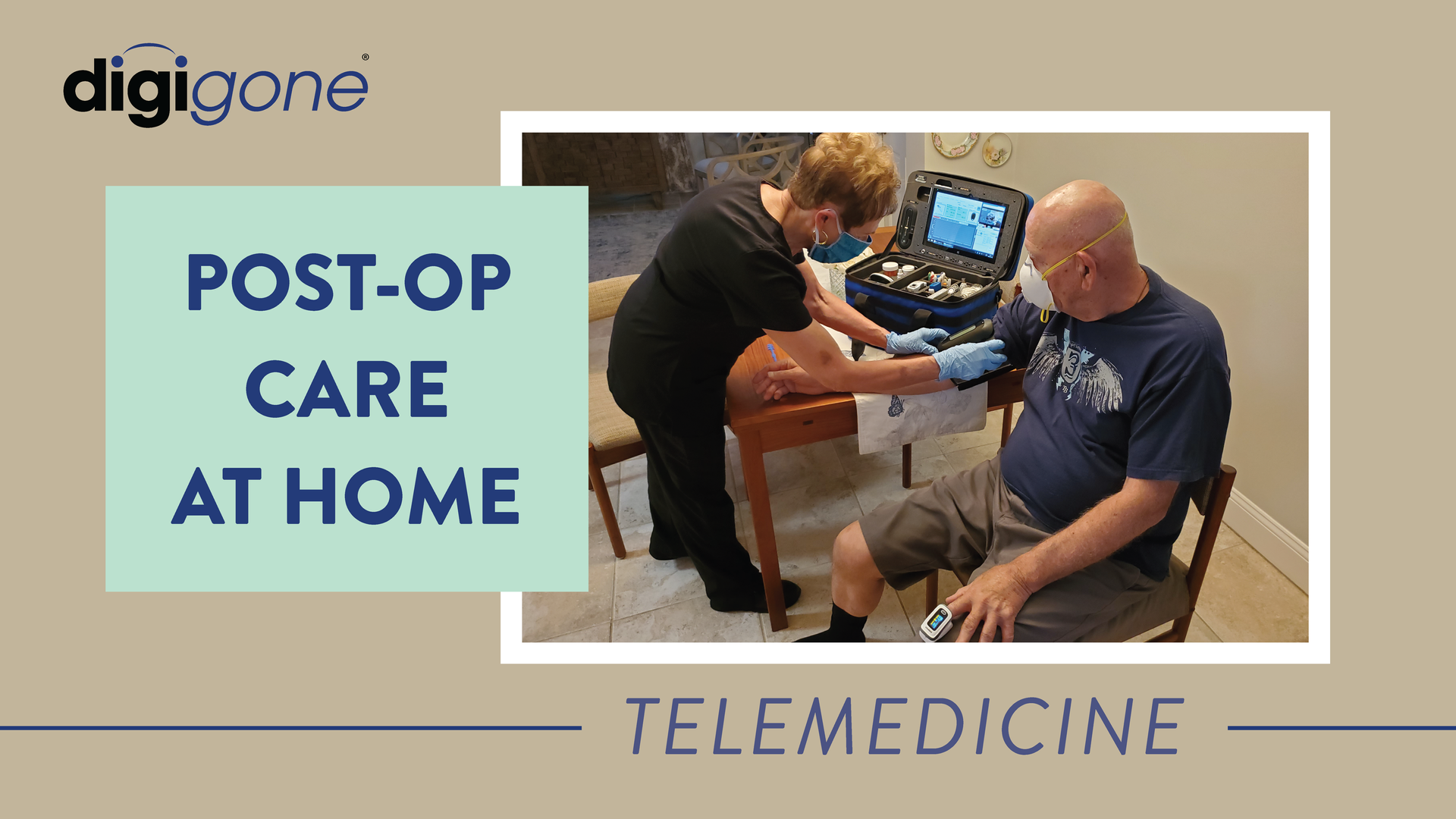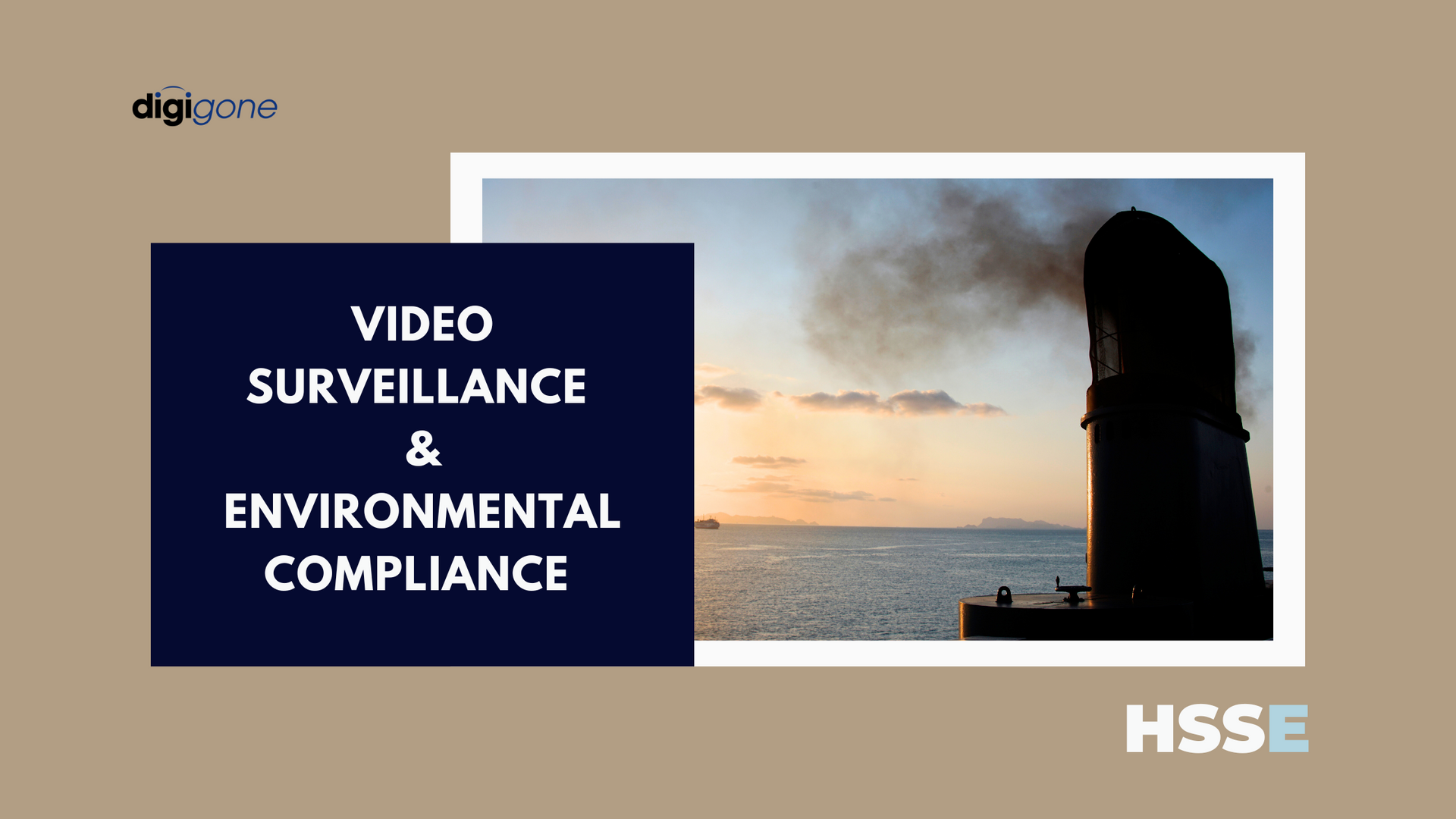Staying Connected at Sea Amid Cybersecurity Threats
As cybersecurity threats grow in the maritime industry, protecting your communications system should be a crew-welfare priority.

Earlier this year more than 1,000 ships were affected by a single ransomware attack. Norwegian-based shipping society, DNV, was forced to shut down servers connected to its ShipManager software after it was hit with file-encrypting malware.
This is just one of many examples of how cyber attacks affect the shipping industry. Thetius, a global maritime technology company, reported in a survey shipowners have paid more than $3 million in ransom attacks over the previous three years, and just combating the threats when a ransom isn’t paid can average well over $1.5 million.
Svante Einarsson, Head of Maritime Cyber Security had this to offer to
Seatrade Maritime News
on the role of digitalization to prevent cyber security threats in the maritime industry:
“What we do see is, unfortunately, is that in the control system world—the systems on board that are responsible for bringing the vessel from A to B safely—they are lacking maturity in the sense of cybersecurity, especially in comparison to normal IT systems. That leaves loopholes and leaves potential scenarios open where actually the vessels can be at risk.”
The transition to complete digital security — on both new and antiquated systems — could be a decades-long project. But cybersecurity also impacts crew welfare.
When crews rely on technology for their jobs, personal lives and overall welfare, it needs to be a priority.
Here we look at cybersecurity, its connection to crew welfare and how to safeguard your communications systems.
Training and Awareness
It’s crucial that vessel companies ensure crew members are thoroughly trained in cybersecurity protocols. Crews need to be aware of how to spot potential threats. Keep in mind there are a considerable number of pathways for cyber attacks in ports and at sea, which include crew members' cell phones. From top to bottom, everyone in a company needs to know how to recognize and respond to cyber threats with the help of a detailed cybersecurity plan.
Adoption of Fully Encrypted Communication Systems
One of the many platforms that need to be encrypted to protect from malware on a vessel is the communication system. It's also a basic human right for crew members to have access to regular communication with friends and family as part of a holistic crew welfare plan. Crew mental health and well-being are tied to digital communication systems allowing them to stay connected during long voyages.
With that said, it is critical that all calls and communication have a high level advanced (256-bit AES), real-time encryption with dynamic key management. This ensures end-to-end encryption and protects crew’s personal information.
Enhanced Crew Welfare
With a fully encrypted, managed service or application, crew can connect with friends and family or with mental healthcare providers using their own phones with confidence that their conversations are secure. File transfers can either be blocked or not available as a feature to prevent malware or viruses being transferred to the crew member’s phone. A managed service or application also makes data planning easier for directors as they can allocate bandwidth for crew calls while managing fleet bandwidth plans. This will have a windfall of positive effects as data has shown that overall morale and mental well-being are tied to staying connected during long trips at sea.
Protecting fleets and crew from cybersecurity threats could be a decades’ long task as vessels have many systems, some connected, others not. Some antiquated, others new. But there are way to protect your communications systems, which is invaluable to crew welfare.
DigiGone is a veteran-owned, service-disabled business based in Largo, Florida, providing custom, managed bandwidth solutions such as
CrewChat,
digiView,
digiChat and
digiMed in the maritime, oil and gas and mining industries. For more information visit
digigone.com/crewchat to request a demonstration. Or email us at info@digigone.com, or call at 1-727-544-2327.

